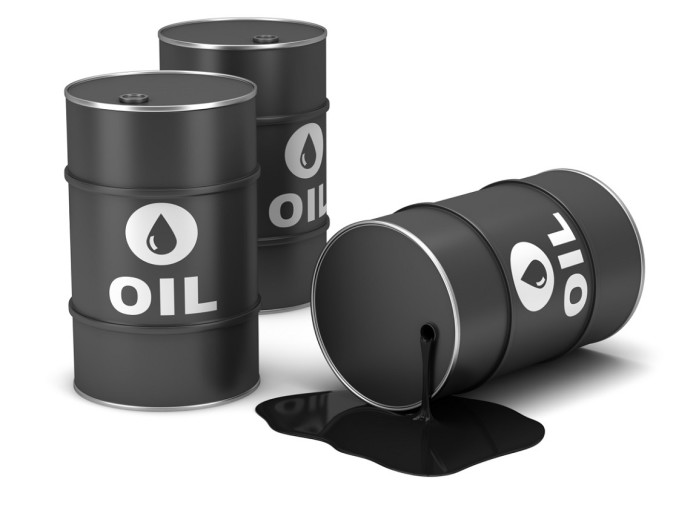
News wire — Oil soared nearly 4% on Tuesday, supported by tight supply and expectations that rising coronavirus cases and the spread of the Omicron variant will not derail a global demand recovery.
Brent crude gained $2.85, or 3.5%, to $83.72 a barrel, its highest settlement since early November. The global benchmark dropped 1% on Monday.
U.S. Federal Reserve Chair Jerome Powell said he expects the economic impact of Omicron to be short-lived, adding that ensuing quarters could be very positive for the economy after the surge driven by the variant subsides.
Brent rose by 50% in 2021 and has rallied further in 2022 as demand has recovered to near pre-pandemic levels whilethe Organization of the Petroleum Exporting Countries and its allies, collectively known as OPEC+, slowly ease record output cuts made in 2020.
Recent outages in Libya have also buoyed prices, and the National Oil Corp said it was suspending exports from the Es Sider terminal.
“Combination of facts – that demand is going to be stronger than anticipated and that OPEC’s supply may not grow as fast as the demand – is why prices are climbing,” said Phil Flynn, senior analyst at Price Futures Group.
U.S. crude inventories dropped by about 1.1 million barrels last week, according to market sources citing American Petroleum Institute, less than the 2 million-barrel draw estimated in a Reuters poll. Official government data is due on Wednesday.
European refiners’ crude and oil products stocks in December dropped by more than 11% from a year earlier, Euroilstock data showed. At the same time, European jet fuel refining margins, are back to pre-pandemic levels as global aviation activity recovers despite the spread of Omicron. read more
Meanwhile, the U.S. government lowered its oil output growth estimates, while raising its oil demand forecast.
Production was estimated to rise by 640,000 bpd this year, lower than last month’s forecast of a 670,000 bpd increase. Total oil demand was now seen rising 840,000 bpd for the year, higher than the 700,000-bpd increase expected last month. It is estimated to rise by another 330,000 bpd in 2023.
– Reuters (Additional reporting by Alex Lawler and Noah Browning in London, Sonali Paul in Melbourne and Koustav Samanta in Singapore Editing by Marguerita Choy and Paul Simao)
Follow us on twitter



